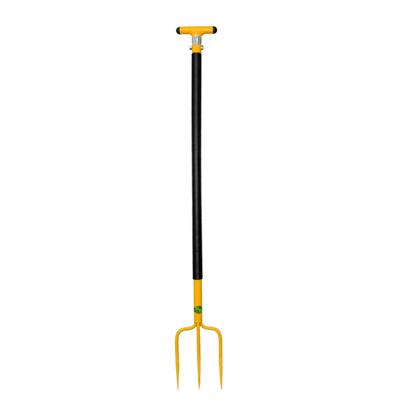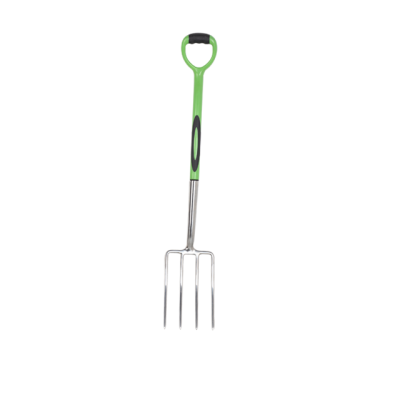The psychology of lawn aesthetics and mowing is a fascinating field that explores the impact of well-maintained lawns on human emotions, perceptions, and overall well-being. Here are some insights into the psychology behind lawn aesthetics and mowing:
- Visual Appeal and Satisfaction:
- Well-maintained lawns with neatly trimmed grass and defined patterns are visually appealing. Humans are naturally drawn to organized and orderly environments, and a manicured lawn can evoke feelings of satisfaction and contentment.
- Sense of Accomplishment:
- Mowing a lawn and creating intricate patterns can provide a sense of accomplishment. The process of transforming an unruly yard into a well-groomed space can boost self-esteem and provide a tangible result of one’s efforts.
- Connection to Nature:
- A well-kept lawn can offer a sense of connection to nature, even in urban environments. Green spaces have been shown to have positive effects on mental health, reducing stress and promoting relaxation.
- Cultural and Social Norms:
- Lawn care practices are often influenced by cultural norms and social expectations. A well-maintained lawn can reflect one’s adherence to societal standards of tidiness and responsible property ownership.
- Symbolism of Order:
- A well-groomed lawn symbolizes order and control over one’s surroundings. This can translate into feelings of stability and control in other aspects of life.
- Attention to Detail:
- Meticulously mowing a lawn requires attention to detail, which can translate into improved focus and mindfulness. The repetitive task can also serve as a form of meditation.
- Social Impression:
- A well-cared-for lawn can leave a positive impression on visitors and neighbors. It might signify diligence, responsibility, and a sense of pride in one’s home.
- Personal Identity and Expression:
- The patterns and designs created while mowing can be a form of self-expression and personal identity. It allows homeowners to showcase their creativity and unique style.
- Physical Activity and Well-Being:
- Mowing the lawn is a physical activity that promotes cardiovascular health and overall fitness. Engaging in outdoor activities like mowing can boost mood and reduce the risk of depression.
- Coping Mechanism:
- Lawn care, including mowing, can serve as a way to cope with stress or anxiety. Engaging in a task that requires focus and physical activity can help individuals manage their emotions.
- Seasonal Changes and Renewal:
- The process of mowing and maintaining a lawn throughout the seasons reflects the cyclical nature of life and nature’s renewal. It can provide a sense of rhythm and continuity.
- Personal Sanctuary:
- For many, a well-kept lawn serves as a personal outdoor sanctuary where they can relax, unwind, and escape from the pressures of daily life.
In essence, the psychology of lawn aesthetics and mowing demonstrates how the appearance and maintenance of our outdoor spaces can influence our emotions, behaviors, and perceptions. Whether as a creative outlet, a means of connecting with nature, or a form of self-expression, the act of mowing a lawn carries deeper psychological significance for many individuals.
























